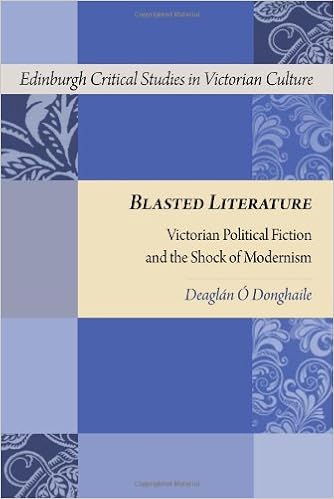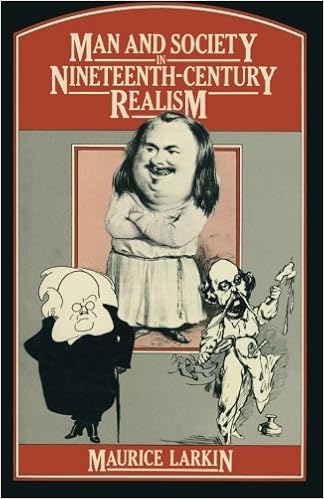
By Ankhi Mukherjee
What Is a Classic? revisits the well-known query posed through critics from Sainte-Beuve and T. S. Eliot to J. M. Coetzee to invite how classics emanate from postcolonial histories and societies. Exploring definitive tendencies in 20th- and twenty-first century English and Anglophone literature, Ankhi Mukherjee demonstrates the relevance of the query of the vintage for the worldwide politics of picking and perpetuating so-called center texts. Emergent canons are scrutinized within the context of the broader cultural phenomena of e-book prizes, the interpretation and distribution of global literatures, and multimedia variations of worldwide classics. all through, Mukherjee attunes conventional literary serious issues to the worth contestations mobilizing postcolonial and international literature. The breadth of debates and subject matters she addresses, in addition to the book's bold historic schema, consisting of South Asia, Africa, the center East, the West Indies, Australia, New Zealand, Europe, and North the US, set this research except similar titles at the bookshelf this day.
Read or Download What Is a Classic?: Postcolonial Rewriting and Invention of the Canon (Cultural Memory in the Present) PDF
Best literature books
Furniture and Draperies in the Era of Jane Austen: - download pdf or read online
Jane Austen cleverly used furnishings and loved ones furniture in her novels to create funny, intimate, uncomfortable or even sexually charged events. In bankruptcy after bankruptcy, Austen applied furnishings to craft scenes and create drama via directing her characters round the room, to and from chairs, sofas, home windows, fireplaces or even the pianoforte.
Dynamite novels meet intellectual modernism through the effect of terrorism. among 1880 and 1915, a variety of writers exploited terrorism's political shocks for his or her personal inventive ends. Drawing on late-Victorian 'dynamite novels' by way of authors together with Robert Louis Stevenson, Tom Greer and Robert Thynne, radical journals and papers, akin to The Irish humans, The Torch, Anarchy and Freiheit, and modernist writing from H.
Get Naked Scientology : Ali's smile PDF
Nonfiction. bare SCIENTOLOGY comprises articles and letters through Burroughs critiquing Scientology, a faith with which he was once concerned for a while and towards which he keeps a reserved interest. based on Burroughs, the various innovations are hugely useful and warrant extra research and experimentation, whereas however he's in flat confrontation with the organizational coverage.
- On n'est pas des chiens
- Les Trois Badours
- Hellenistic Studies at a Crossroads: Exploring Texts, Contexts and Metatexts
- The Fuck Up
Extra resources for What Is a Classic?: Postcolonial Rewriting and Invention of the Canon (Cultural Memory in the Present)
Example text
What does it matter to me, this duel of Tunis and Carthage? Speak to me of the duel of Carthage and Rome, and at once I am all attention, I am involved. ” he nevertheless warns against the circumscribing of the canon by those who know only one language and literature, and proposes to rebuild the Temple of Taste, a canon of Indo-European classics and a veritable library of humanity. Sainte-Beuve extols Homer and, more unconventionally, European classics of the age of Louis XIV and the three unknown Homers from the East: Valmiki and Vyasa of India, and Firdousi of Persia.
Eliot’s address, with a rhetorical question as its title, begins in a retro spective mode: “It is only by hindsight, and in historical perspective, that a classic can be known as such” (What Is a Classic? 10). Eliot articulates his topic by means of a desiring dialectic that pits the classic against the contingent, the racial and national against the international, the absolute against the errant. He espouses a utopian cultural homogeneity as a precondition for the emergence of the classic. ” 33 of taste and common style.
The classic is also radically new: impossible to predict and difficult to welcome. Coetzee shows a strong affinity with Eliot in the way he brings his topic to a close. According to Eliot, the classical criterion is of vital importance to literary criticism. Coetzee takes this idea to its logical limit: “The function of criticism is defined by the classic: criticism is that which is duty-bound to interrogate the classic. Thus the fear that the classic will not survive the de-centring acts of criticism may be turned on its head: rather than being the foe of the classic, criticism, and indeed criticism of the most sceptical kind, may be what the classic uses to define itself and ensure its survival” (19).



